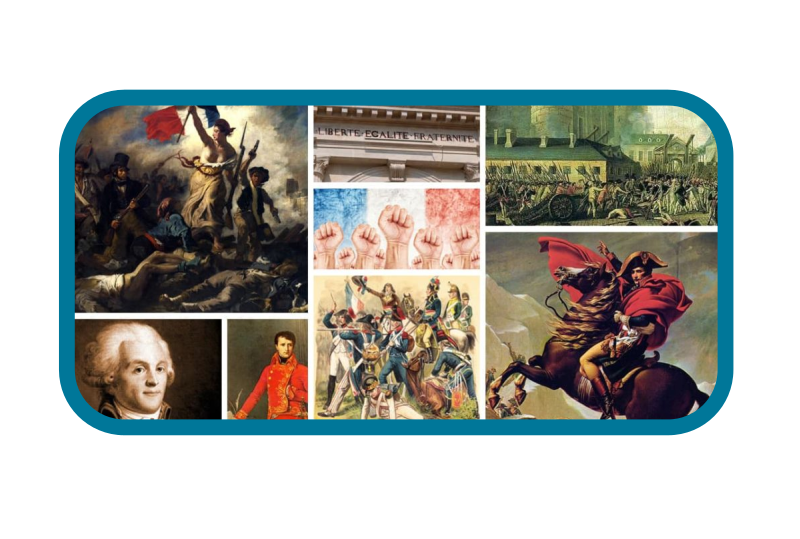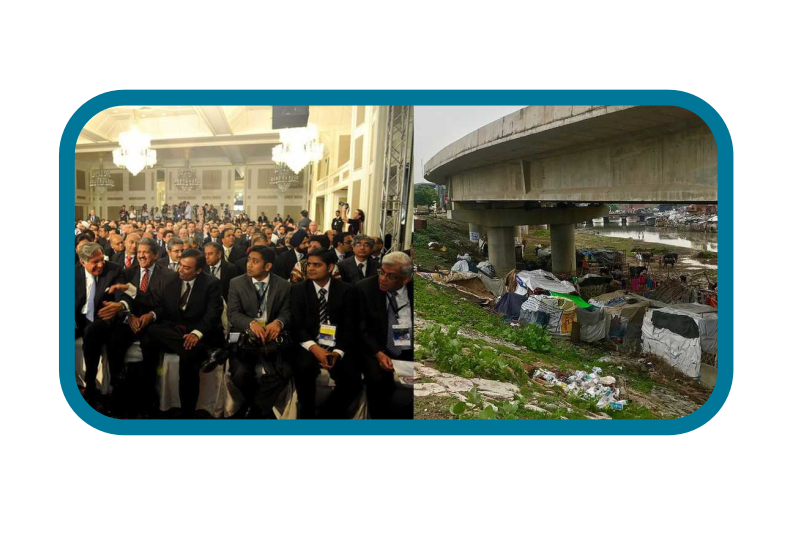A paradox is a statement that may seem contradictory but can be true (or at least make sense). This makes them stand out and play an important role in literature and everyday life. Beyond that, they can simply be entertaining brain teasers.
Take the statement “Less is more.” This statement uses two opposites to contradict one another. How can less be more? The concept is that something less complicated is often more appreciated
Here are the rules: Ignore all rules
Paradox
General Paradoxes
The Condorcet paradox (also known as voting paradox or the paradox of voting) in social choice theory is a situation noted by the Marquis de Condorcet in the late 18th century, in which collective preferences can be cyclic, even if the preferences of individual voters are not cyclic. Majority preferences can become intransitive with three or more options. This is paradoxical, because it means that majority wishes can be in conflict with each other.
Condorcet took a leading role when the French Revolution swept France in 1789, hoping for a rationalist reconstruction of society. He was the main author of the Girondin constitutional project. The constitution was not put to vote. When the Montagnards gained control of the Convention, they wrote their own, the French Constitution of 1793. Condorcet criticized the new work, and as a result, he was branded a traitor and he was arrested

Sen’s paradox, is a logical paradox proposed by Amartya Sen which purports to show that no social system can simultaneously:
- be committed to a minimal sense of freedom
- always result in a type of economic efficiency known as Pareto efficiency (where the allocation of resources makes at least one preference criterion better off making another preference criterion worse off) and
- be capable of functioning in any society whatsoever

Ways out of the paradox
Because the paradox relies on very few conditions, there are a limited number of ways to escape the paradox.
Condorcet suggested a method, designed to simulate pair-wise elections between all candidates in an election.
Condorcet was one of the first to systematically apply mathematics in the social sciences.
French revolution didn’t choose this way out.
“The truth belongs to those who seek it, not to those who claim to own it”
Nicolas Condorcet
Amartya Sen suggests that “The ultimate guarantee for individual liberty may rest not on rules for social choice but on developing individual values that respect each other’s personal choices.”
Sen argues that governments should be measured against the concrete capabilities of their citizens. This is because top-down development will always trump human rights as long as the definition of terms remains in doubt (is a “right” something that must be provided or something that simply cannot be taken away?).
Sen’s work had influence in the formulation of SDG (ranks and economic and social indicators) published by the United Nations.
United nations are still into the paradox because UN proposes: Imagine the world in 2030, fully inclusive of persons with disabilities
“The success of a society is to be evaluated primarily by the freedoms that members of the society enjoy”
“The ultimate guarantee for individual liberty may rest not on rules for social choice but on developing individual values that respect each other’s personal choices.”
Amartya Sen
